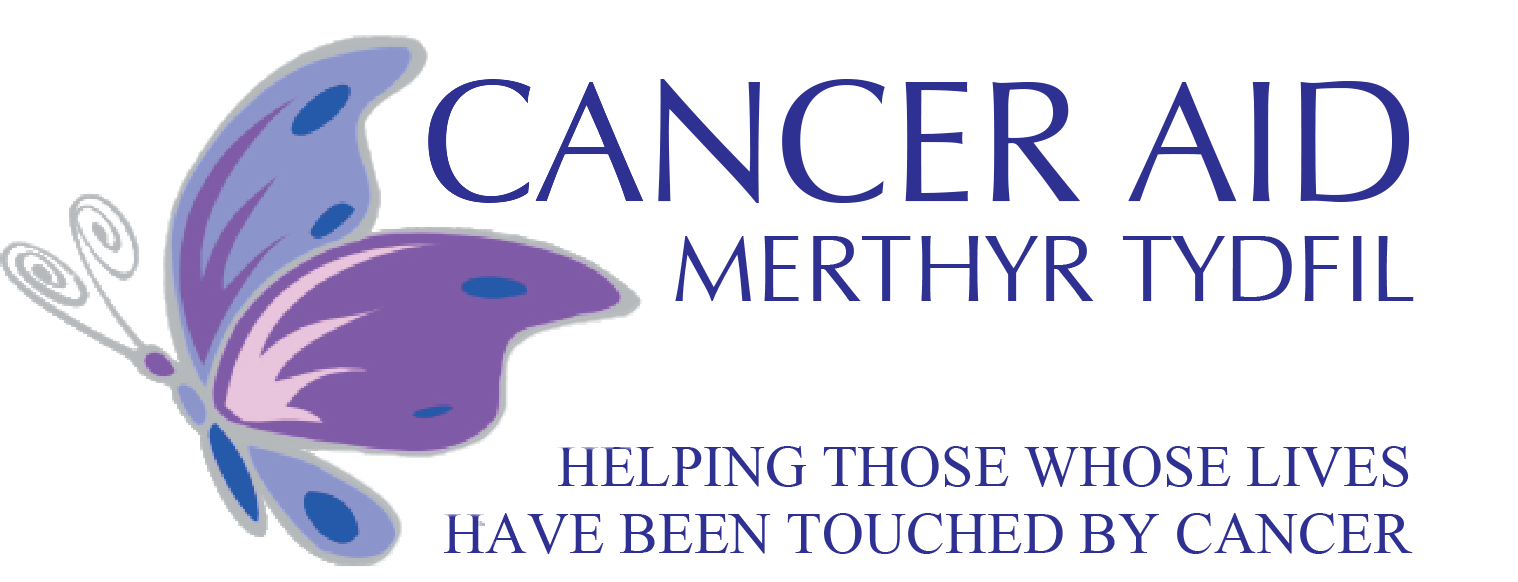Facebook
Opening Times:-
Monday - Friday 9:30 am – 4:30 pm
Patient Services
How can we help you? If you, a friend or family member have received a cancer diagnosis our range of services are available to help you by providing practical and emotional support. The services we provide are completely free of charge at the point of use
Full list of services:
- Aromatherapy
- Reflexology
- Reiki
- Relaxation
- Support groups
- Bra fitting for breast cancer patients
- Drop in centre for information or advice
- Podiatry – nail cutting service for patients
- Social activities
- One to one counselling
- Family or couples therapy
Click here to see more services!
Transport
We provide a door to door voluntary transport service for cancer patients living in Merthyr Tydfil. This is a free, safe and confidential service available for all cancer related appointments including blood tests, scans, radiotherapy, chemotherapy, clinic appointments etc. In order to access our transport service you must firstly register for the service via telephone on 01685 379633 or drop in to the centre of excellence in Dowlais and provide a minimum of 48 hours notice of all appointments.
Massage Therapy
Massage is one of the oldest therapies in existence. It’s now often offered as part of cancer care in hospital wards, hospices & community health services.
Massage is a form of structured or therapeutic touch. It can be used to relax the mind and body, promote sleep, relieve tension, improve the flow of blood and lymph(fluid in the lymphatic system), reduce blood pressure and enhance mood.
There are many different types of massage therapy. Some types are soft and gentle; other types are more vigorous. People with cancer who want to try massage are generally advised to try gentle massage and avoid vigorous deep tissue massage.
Use of essential oils in massage is known as aromatherapy. All treatments are carried out by qualified complementary therapists who are registered with the FHT.
Reflexology
Reflexology is a form of foot and hand massage and is related to the Chinese practice of acupuncture. Reflexologists believe that different areas of the feet or hands represent, and are connected to, the body’s internal organs.
Applying pressure to specific points in the feet or hands is thought to stimulate the flow of energy along the channels in the body.
Reflexology may be used to try to improve various symptoms related to cancer, including feeling sick (nausea), tension, pain and fatigue. Reflexology can help people feel more relaxed and many people use it to help ease stress and anxiety.
Reiki
Reiki was developed in Japan and the word ‘Reiki’ is Japanese for ‘universal life energy’.
Reiki therapists believe that they act as a channel for energy, which is drawn into the person having the therapy according to their need. Neither person has to use any effort or concentration during the process. You don’t need to remove any clothing. You sit or lie down and the practitioner gently places their hands on or just above your body in a sequence of positions that cover the whole body. Each position is held for about 2-5 minutes or until the practitioner feels that the flow of energy has slowed down or stopped. A full treatment usually takes 60 minutes.

